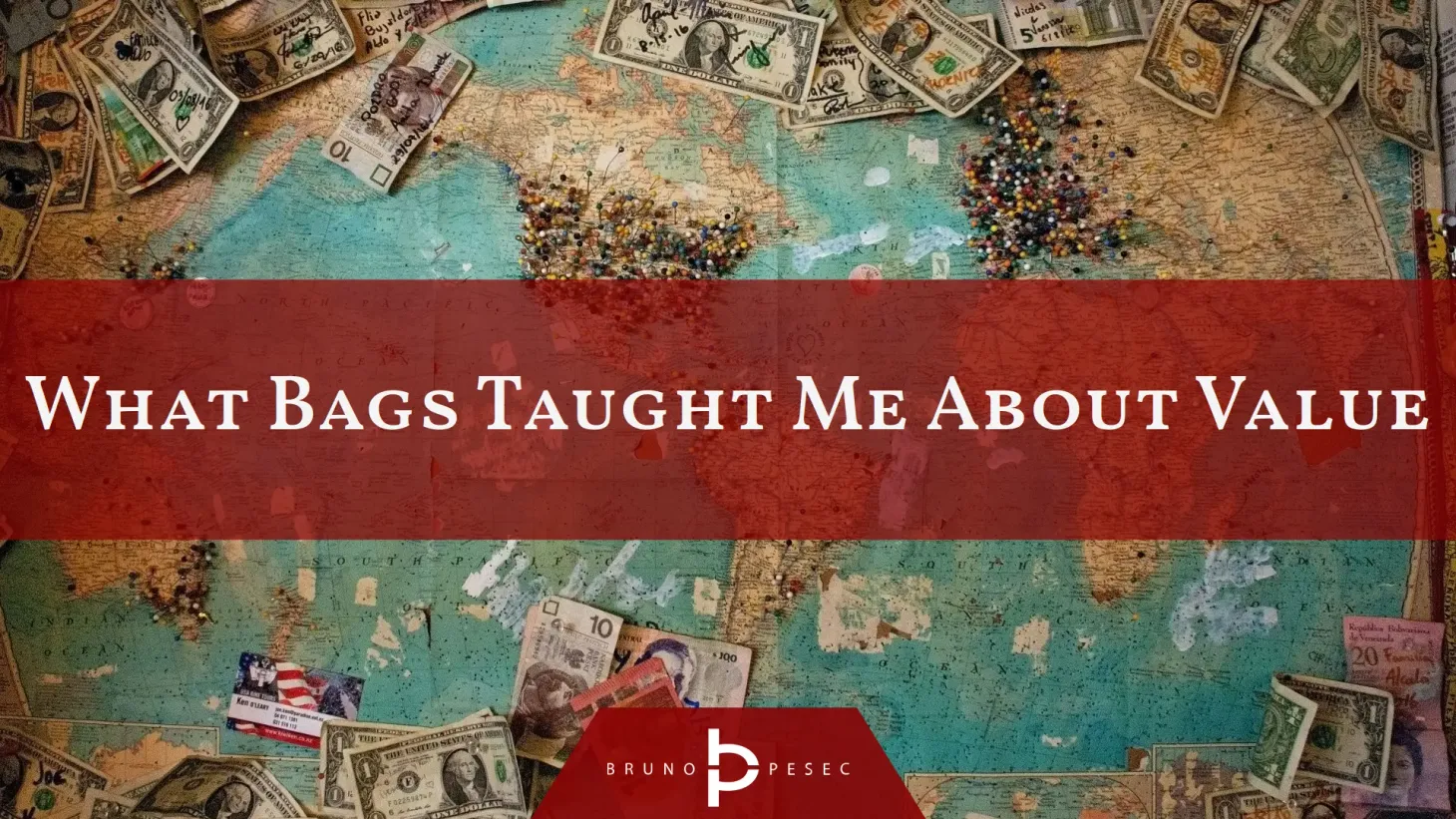Crowdsourced innovation book recommendations
Six books on innovation recommended by my community.
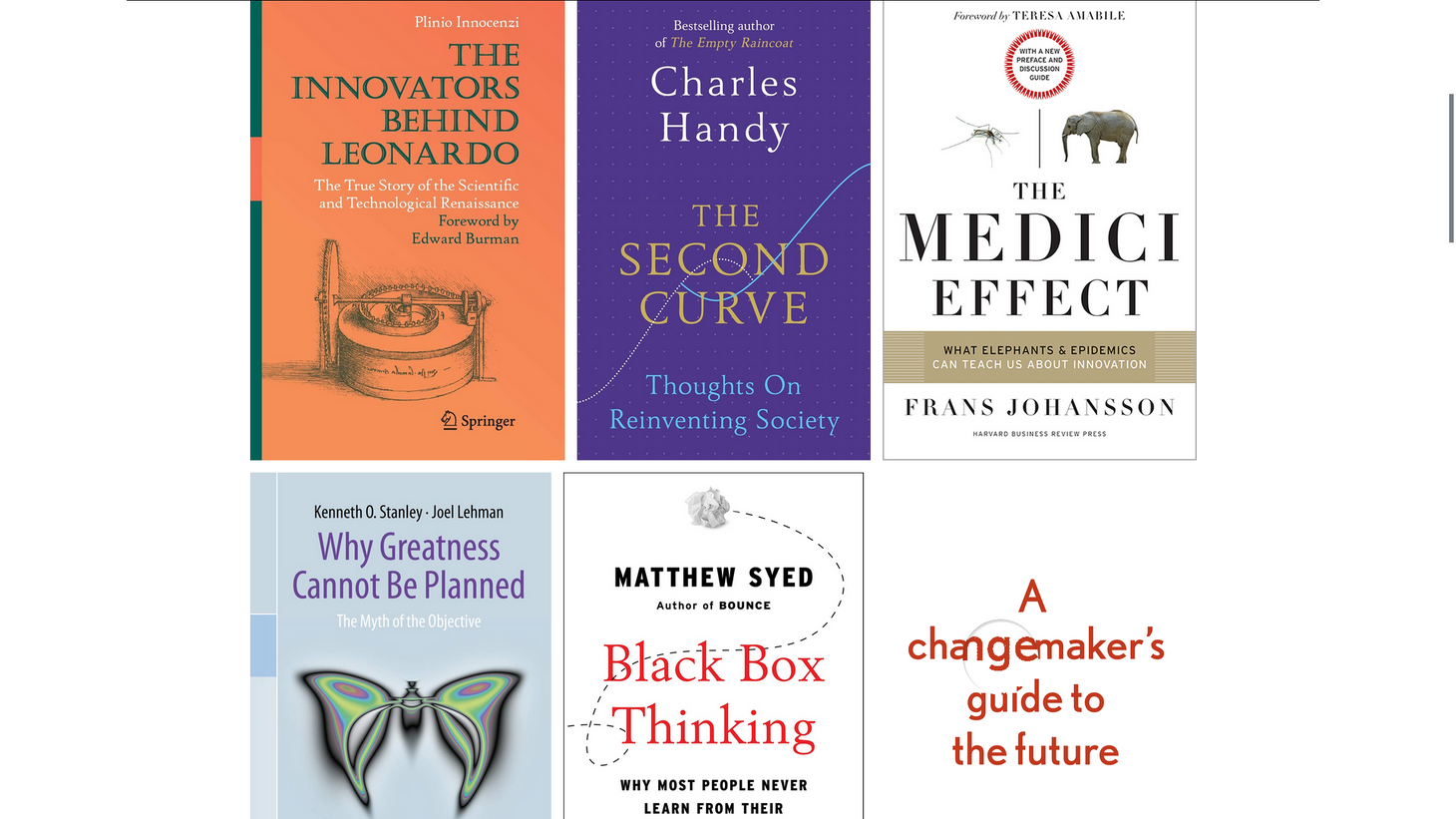
Although I have a long list of books I'd like to read, that doesn't prevent me from adding more to it.
This time I turned to my LinkedIn network and asked for some exotic recommendations.
Here are all recommendations, in the order they came in.
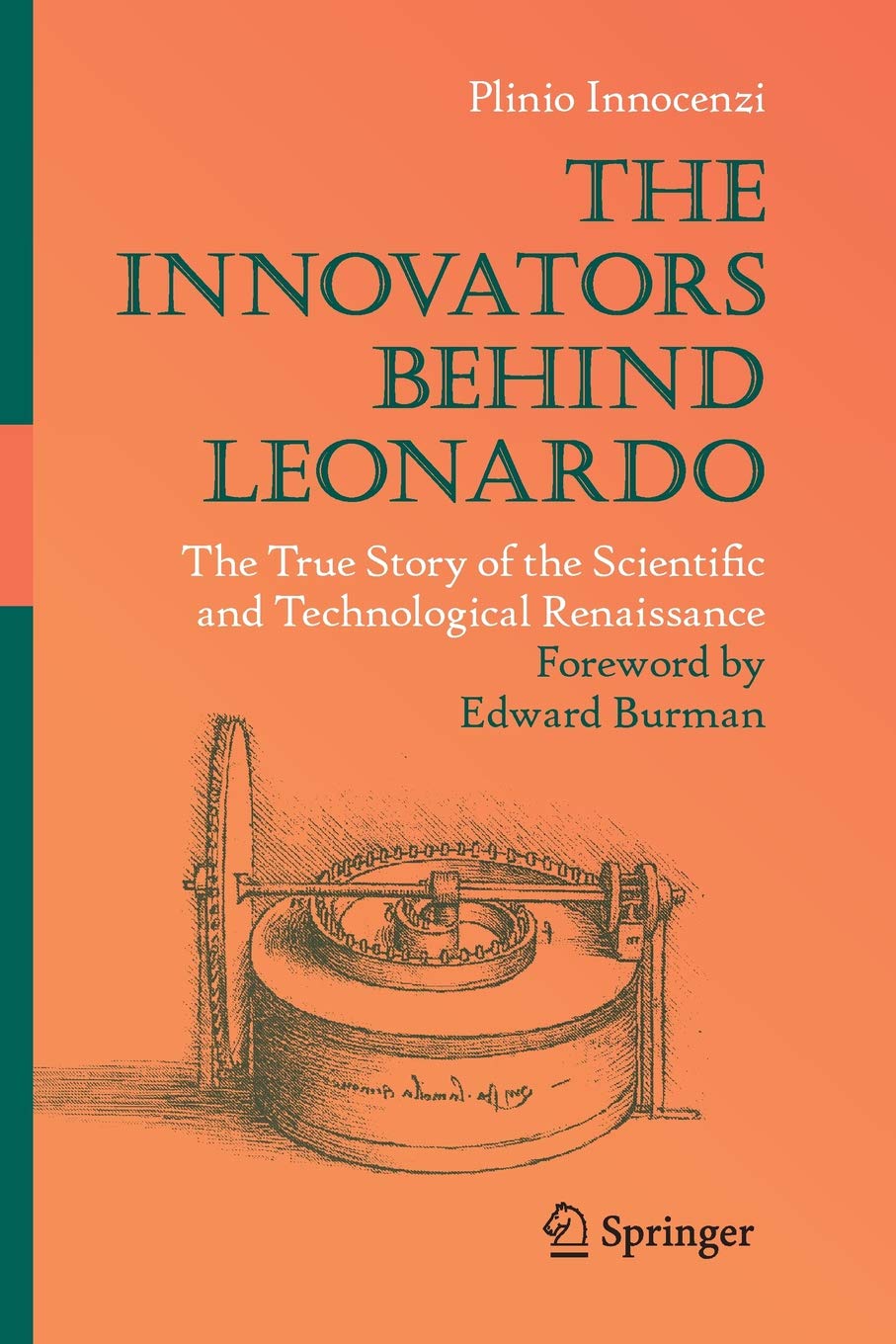
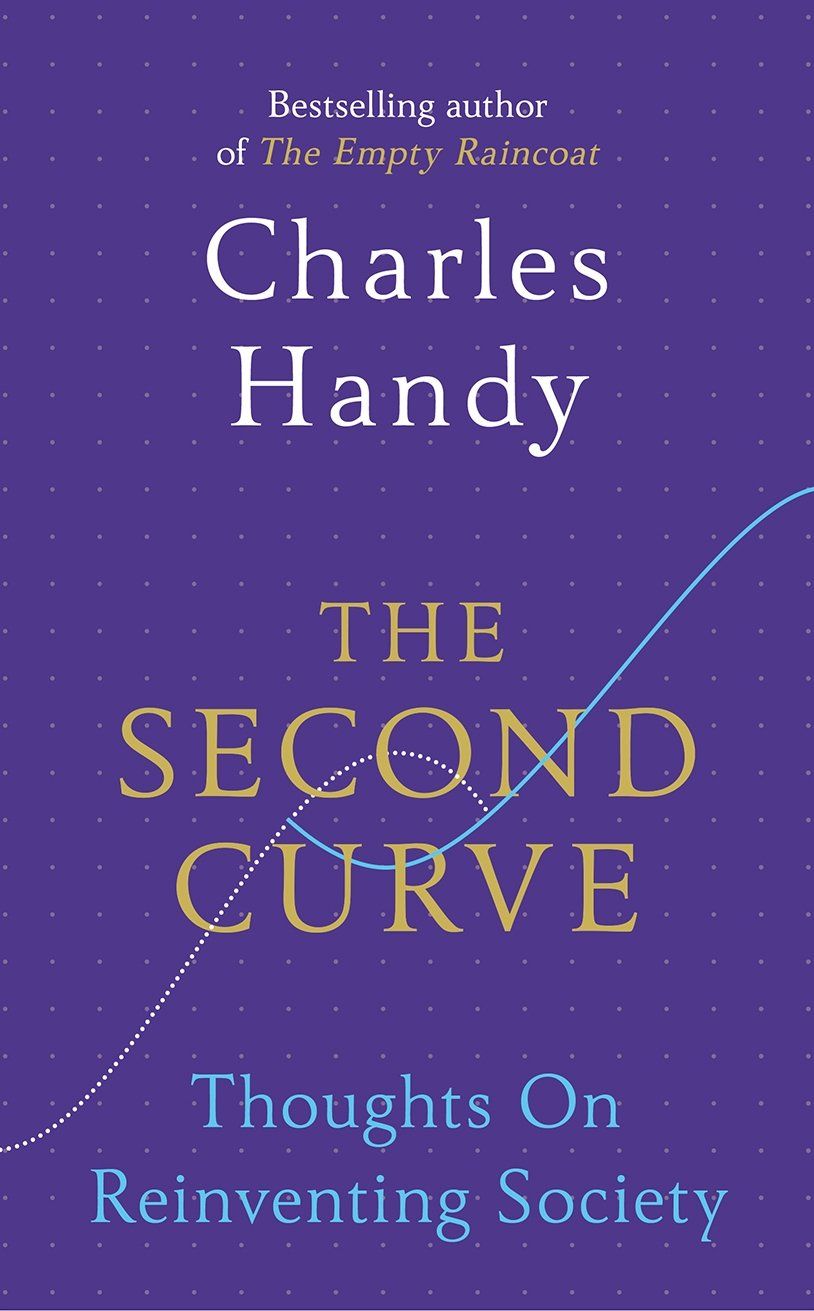
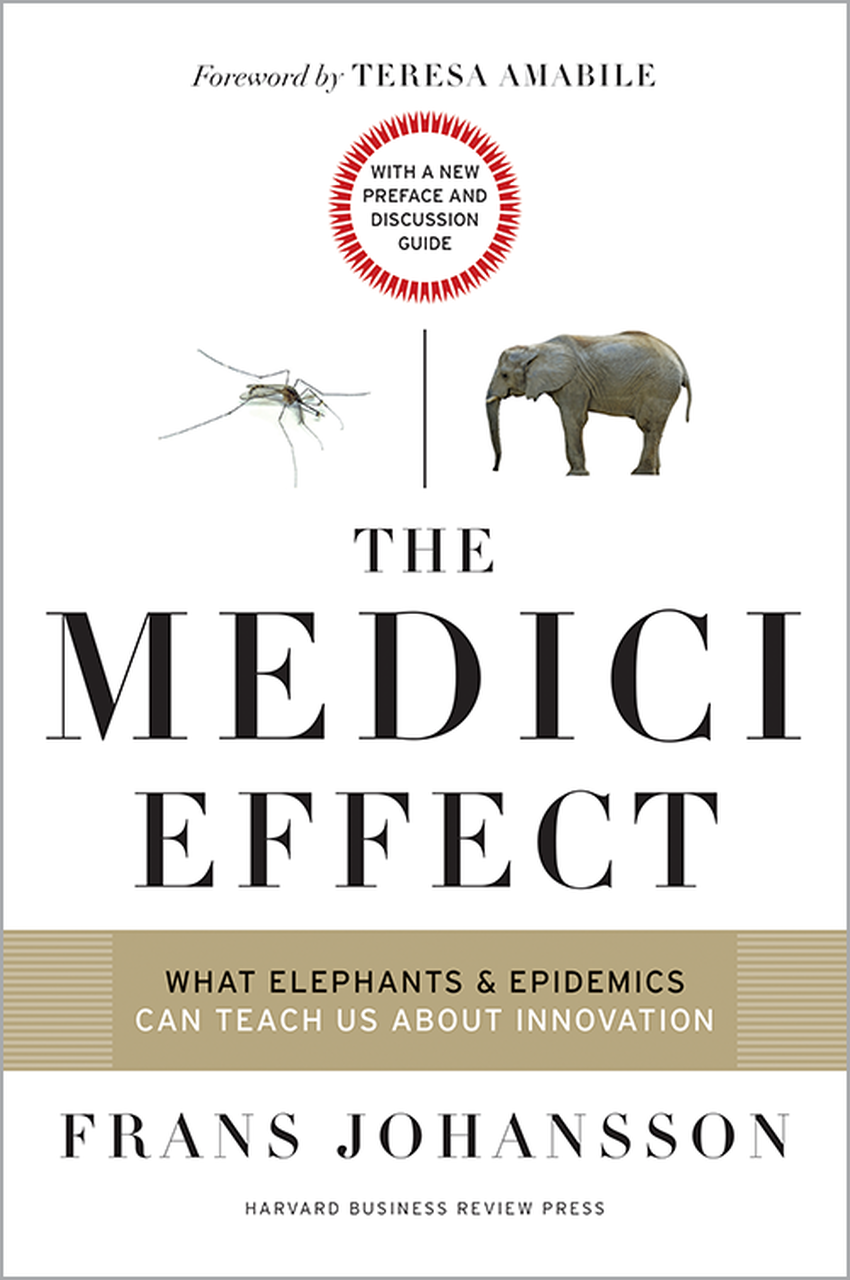
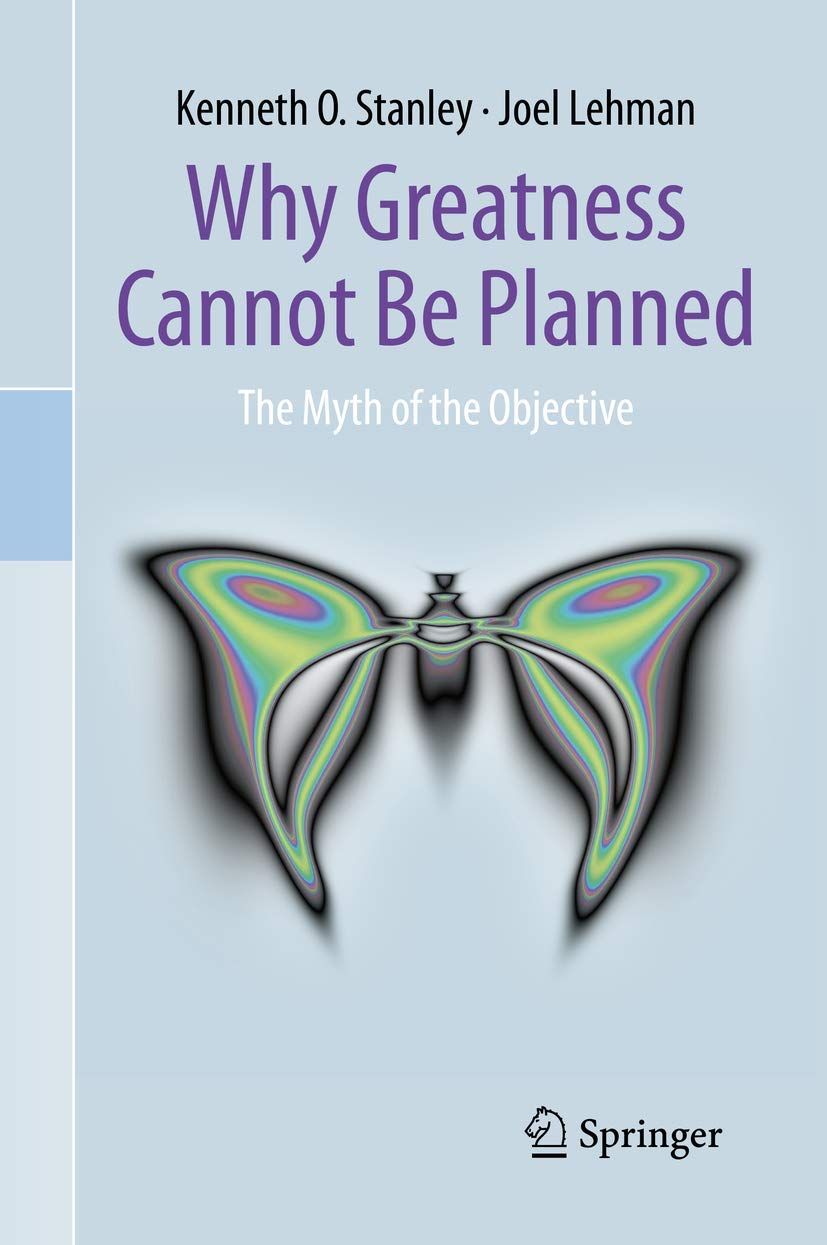
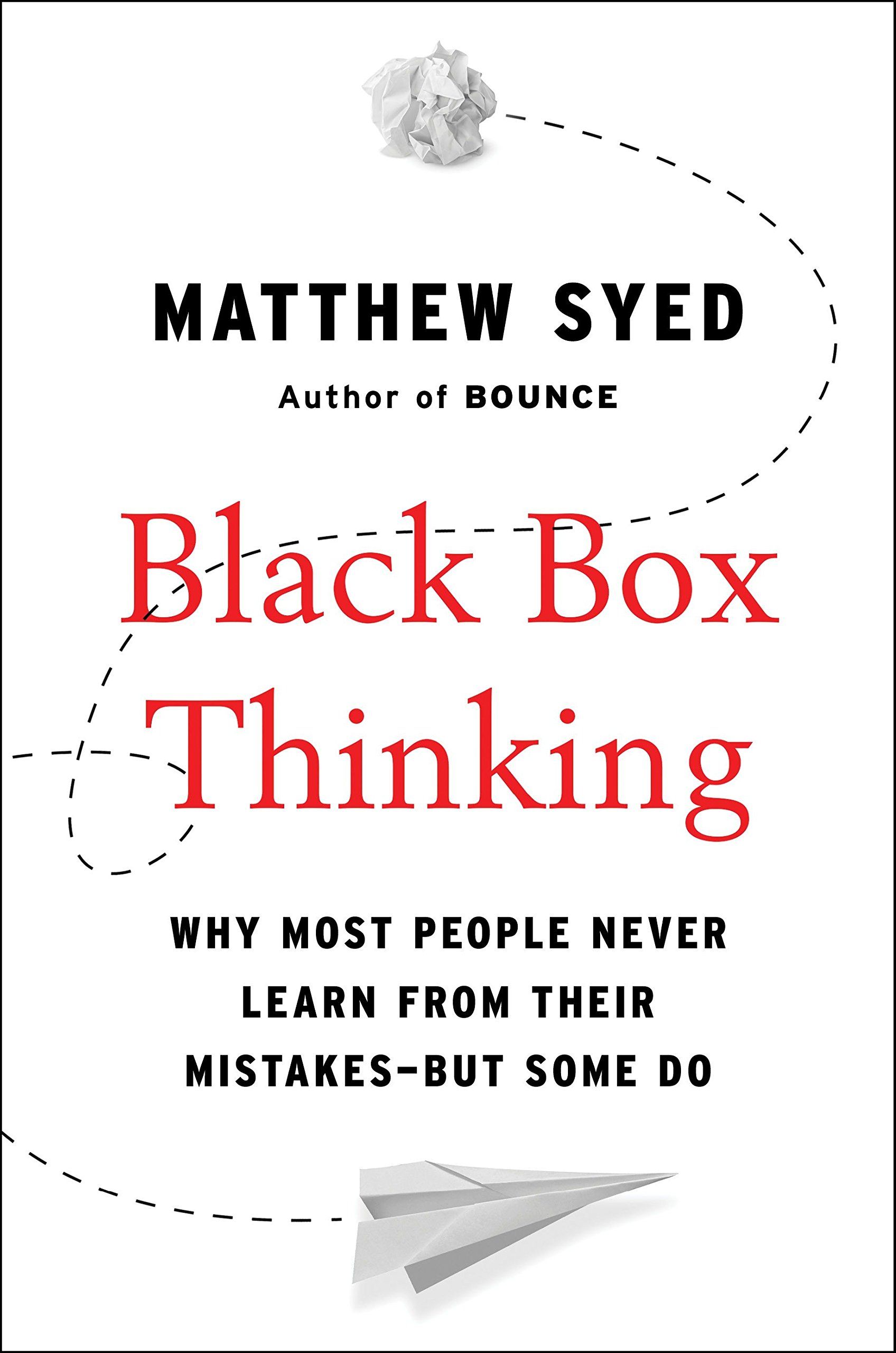
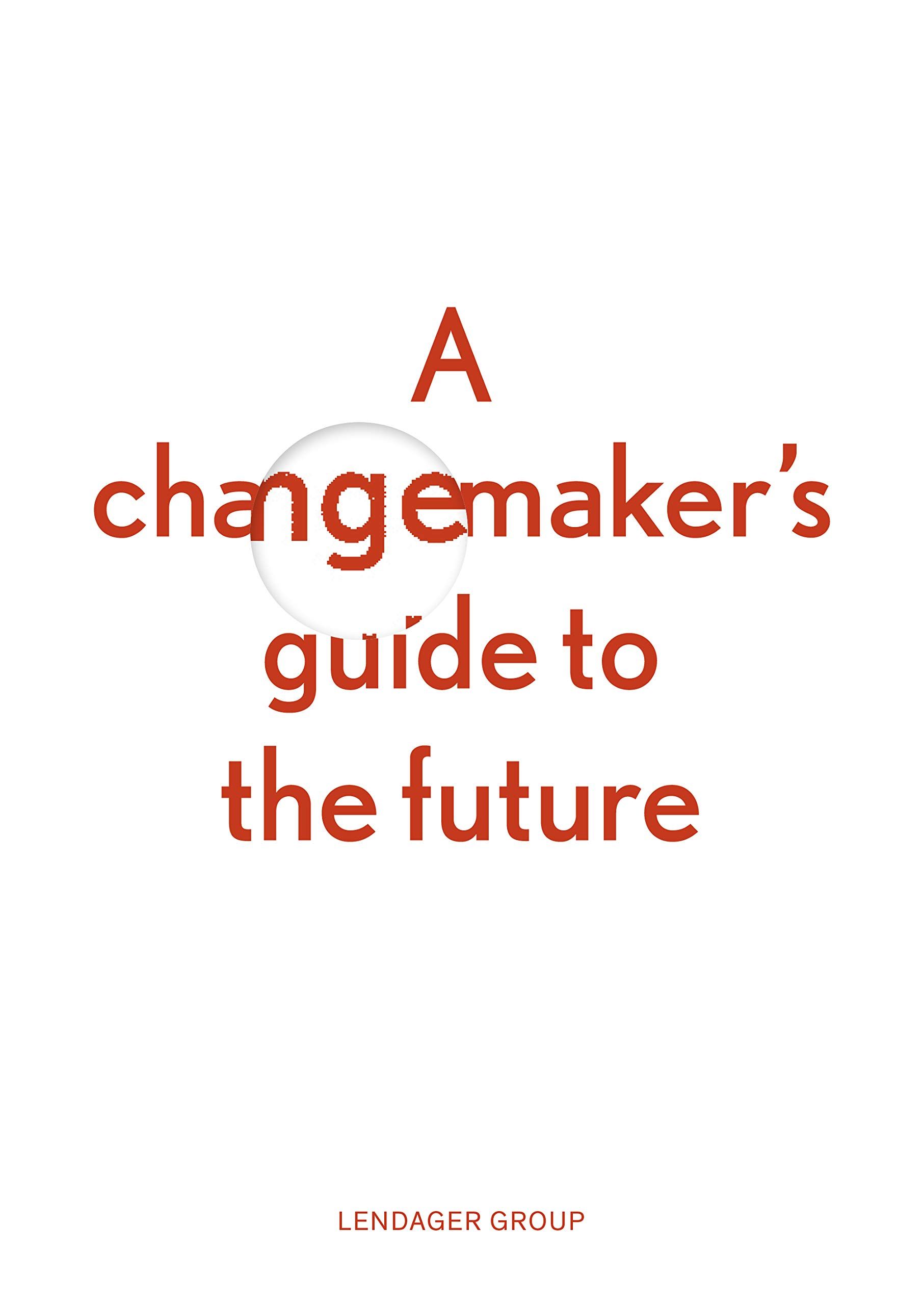
Fabrizio Conicella recommended The Innovators Behind Leonardo: The True Story of the Scientific and Technological Renaissance:
This engaging book places Leonardo da Vinci’s scientific achievements within the wider context of the rapid development that occurred during the Renaissance. It demonstrates how his contributions were not in fact born of isolated genius, but rather part of a rich period of collective advancement in science and technology, which began at least 50 years prior to his birth.
Readers will discover a very special moment in history, when creativity and imagination were changing the future—shaping our present. They will be amazed to discover how many technological inventions had already been conceived or even designed by the engineers and inventors who preceded Leonardo, such as Francesco di Giorgio and Taccola, the so-called Siena engineers. This engaging volume features a wealth of illustrations from a variety of original sources, such as manuscripts and codices, enabling the reader to see and judge for him or herself the influence that other Renaissance engineers and inventors had on Leonardo.
Hamideh Iraj recommended three books:
- The Second Curve: Thoughts on Reinventing Society
In The Second Curve, Handy builds on a life's work to glimpse into the future and see what challenges and opportunities lie ahead. He looks at current trends in capitalism and asks whether it is a sustainable system. He explores the dangers of a society built on credit. He challenges the myth that remorseless growth is essential. He even asks whether we should rethink our roles in life – as students, parents, workers and voters – and what the aims of an ideal society of the future should be.
Provocative and thoughtful as ever, he sets out the questions we all need to ask ourselves – and points us in the direction of some of the answers.
- The Medici Effect: What Elephants and Epidemics Can Teach Us About Innovation
Why do so many world-changing insights come from people with little or no related experience? Charles Darwin was a geologist when he proposed the theory of evolution. And it was an astronomer who finally explained what happened to the dinosaurs.
Frans Johansson's The Medici Effect shows how breakthrough ideas most often occur when we bring concepts from one field into a new, unfamiliar territory and offers examples of how we can turn the ideas we discover into path-breaking innovations.
- Why Greatness Cannot Be Planned: The Myth of the Objective
Why does modern life revolve around objectives? From how science is funded, to improving how children are educated -- and nearly everything in-between -- our society has become obsessed with a seductive illusion: that greatness results from doggedly measuring improvement in the relentless pursuit of an ambitious goal. In Why Greatness Cannot Be Planned, Stanley and Lehman begin with a surprising scientific discovery in artificial intelligence that leads ultimately to the conclusion that the objective obsession has gone too far. They make the case that great achievement can't be bottled up into mechanical metrics; that innovation is not driven by narrowly focused heroic effort; and that we would be wiser (and the outcomes better) if instead we whole-heartedly embraced serendipitous discovery and playful creativity.
Controversial at its heart, yet refreshingly provocative, this book challenges readers to consider life without a destination and discovery without a compass.
Andrew Sandford, who I did a webinar with, recommended Black Box Thinking: Why Most People Never Learn from Their Mistakes–But Some Do:
We all have to endure failure from time to time, whether it’s underperforming at a job interview, flunking an exam, or losing a pickup basketball game. But for people working in safety-critical industries, getting it wrong can have deadly consequences. Consider the shocking fact that preventable medical error is the third-biggest killer in the United States, causing more than 400,000 deaths every year. More people die from mistakes made by doctors and hospitals than from traffic accidents. And most of those mistakes are never made public, because of malpractice settlements with nondisclosure clauses.
For a dramatically different approach to failure, look at aviation. Every passenger aircraft in the world is equipped with an almost indestructible black box. Whenever there’s any sort of mishap, major or minor, the box is opened, the data is analyzed, and experts figure out exactly what went wrong. Then the facts are published and procedures are changed, so that the same mistakes won’t happen again. By applying this method in recent decades, the industry has created an astonishingly good safety record.
Martina Markulin recommended A changemaker's guide to the future:
Imagine a world without resource scarcity, where our behaviour doesn’t have a negative impact on our climate, where waste doesn’t exist, where sustainability and growth are each other’s prerequisites. To us, this world is real. More than ever, it is time to change the sustainability narrative along with the structure of our modern society. Because the world as we know it is changing. Digitalisation, globalisation, urbanisation, climate change, the fourth industrial revolution. All these factors are transforming our environment, daily lives and opportunities. Our work has uncovered some exciting findings that we want to share with you – because we believe that together we can turn this change into something better. What we see is a huge potential across all industries. In other words: Looking at waste as a resource will change the game for good. And – can we let you in on a secret? – it’s good business.
All of these sound interesting and I'm looking forward to reading them.
In a few months – or years – depending on how my reading list and habits evolve.
Bruno Unfiltered
Subscribe to get the latest posts delivered right to your inbox. No spam. Only Bruno.




